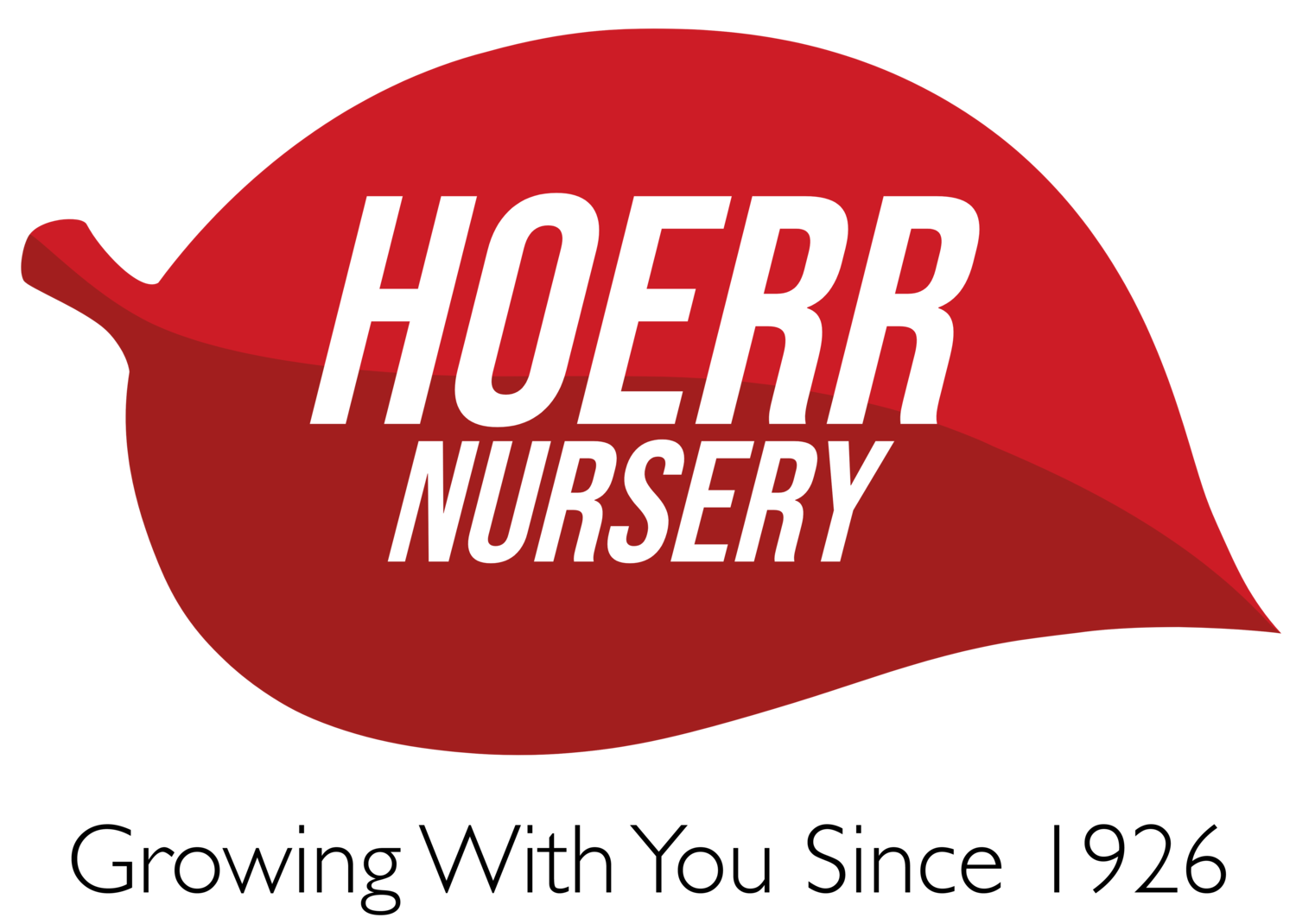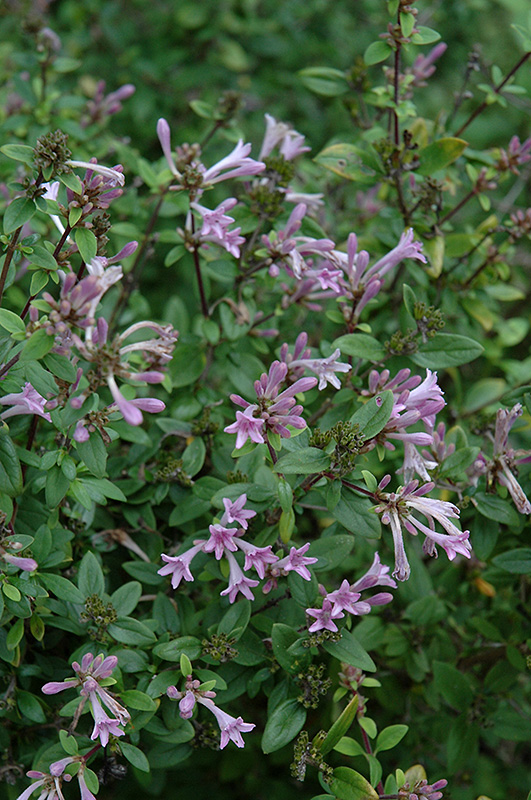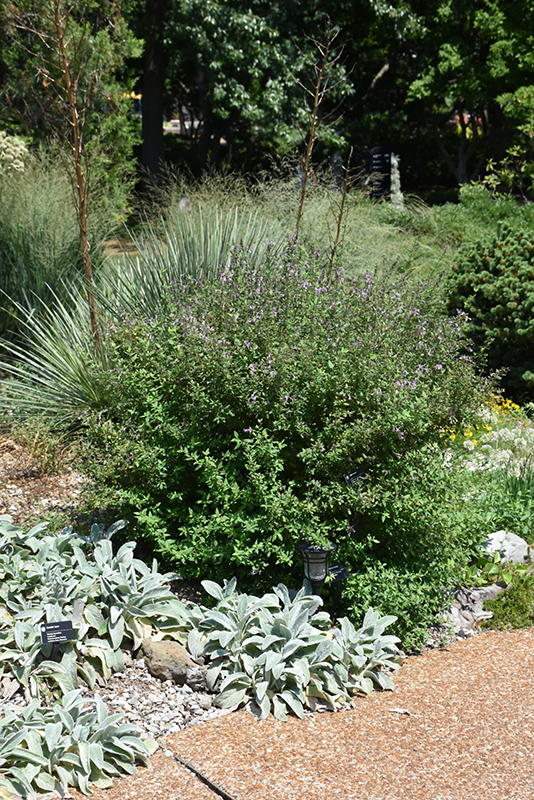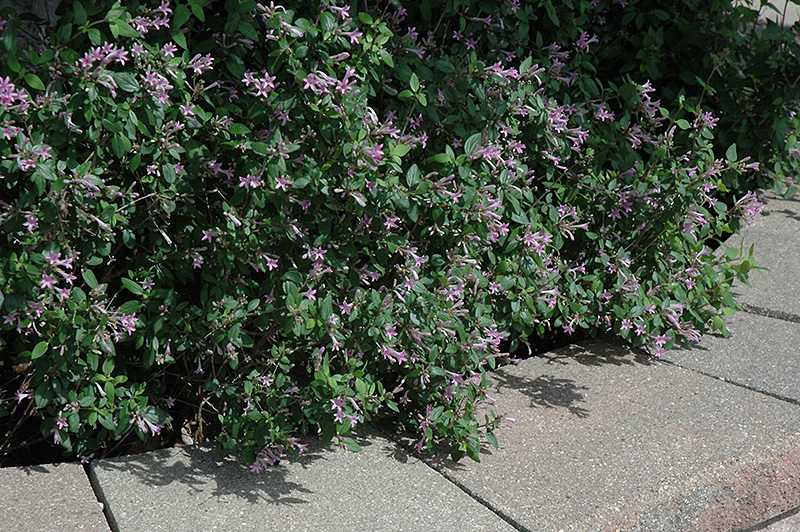Height: 18 inches
Spread: 18 inches
Sunlight:
![]()
![]()
Hardiness Zone: 4b
Description:
A dwarf mounding shrub that is low growing; fragrant violet-purple flowers appear in late spring; produces flowers throughout much of the growing season on new wood
Ornamental Features
Leptodermis features showy clusters of fragrant violet tubular flowers along the branches from late spring to mid fall. It has green deciduous foliage. The glossy oval leaves do not develop any appreciable fall color.
Landscape Attributes
Leptodermis is a multi-stemmed deciduous shrub with a mounded form. Its average texture blends into the landscape, but can be balanced by one or two finer or coarser trees or shrubs for an effective composition.
This is a relatively low maintenance shrub, and is best pruned in late winter once the threat of extreme cold has passed. It has no significant negative characteristics.
Leptodermis is recommended for the following landscape applications;
- Mass Planting
- Border Edging
- General Garden Use
Planting & Growing
Leptodermis will grow to be about 18 inches tall at maturity, with a spread of 18 inches. It has a low canopy. It grows at a medium rate, and under ideal conditions can be expected to live for approximately 10 years.
This shrub does best in full sun to partial shade. It prefers to grow in average to moist conditions, and shouldn't be allowed to dry out. It is not particular as to soil type or pH. It is somewhat tolerant of urban pollution. This species is not originally from North America.



